How to Stop Plant Fungus Growing in Your Garden?
•Posted on May 12 2023
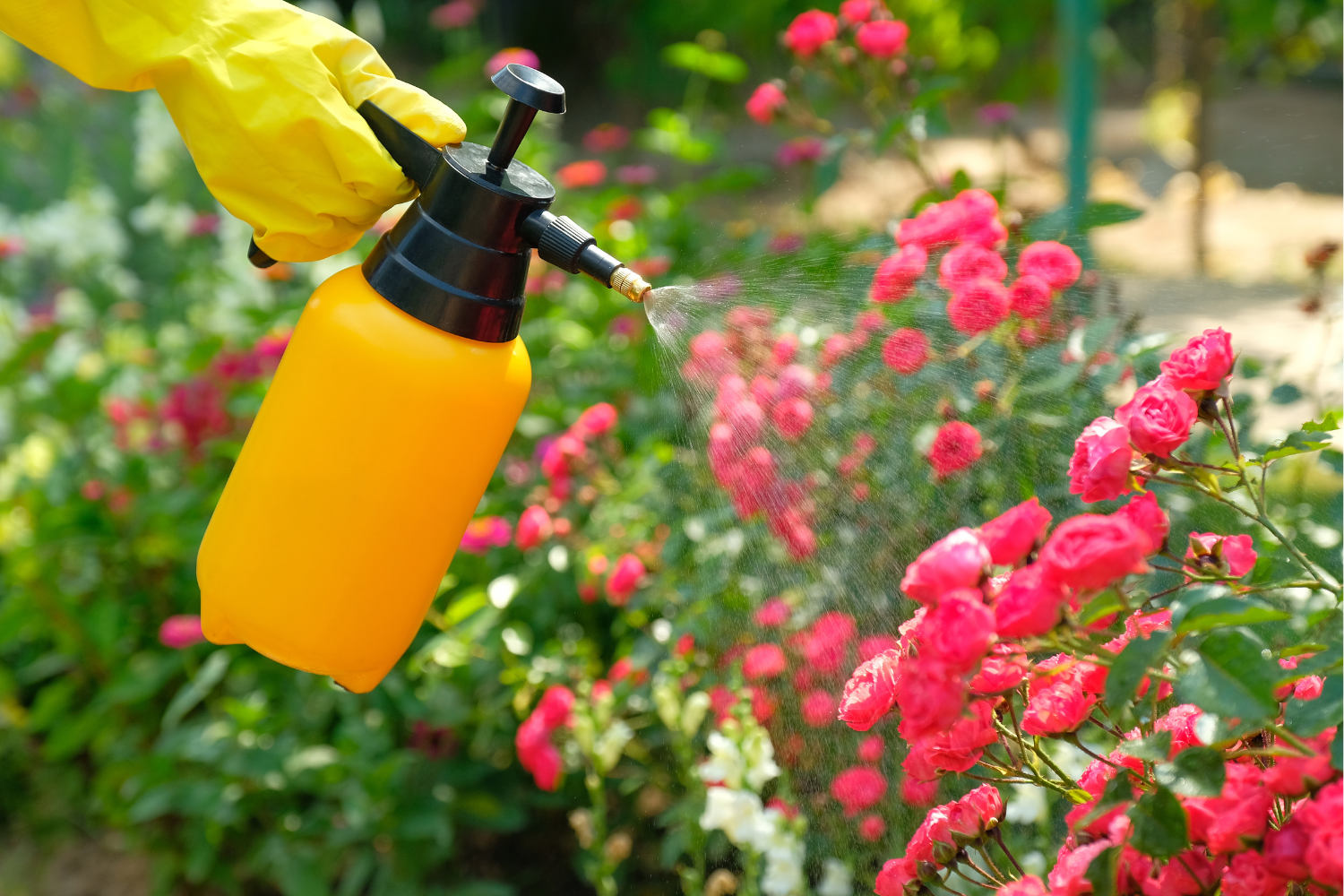
Fungus is one of the plant diseases that can stop your garden from thriving.
Fungus usually develops in the hot summer months and becomes visible to the naked eye in the later summer months or earlier.
The good news is fungus can only infect plant foliage; the bad news is your plants need the foliage to manufacture food for growth.
Here are a few ways to protect your harvest from the devastating effects of fungus.
Related Post: The Difference Between Fungal and and Bacterial Infections in Your Plants
1. Use High-Quality Fungicides
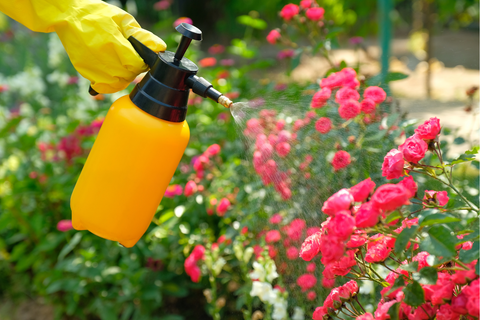
When choosing the right fungicide, it is important to choose one that is organic and free of contamination from substances like heavy metals.
We offer various gardening supplies designed to keep your garden in tip-top shape through any season.
Greenway Biotech products are also multi-functional, acting as fertilizers and repellants like our Boric Acid.
Recommended for You:

You can count on fewer bugs feeding off your hard-earned crop yield.
2. Use Healthy Seeds and Seedlings
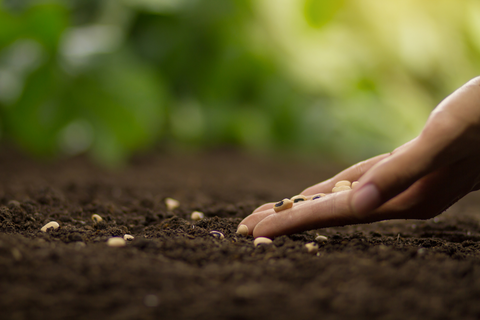
Starting your garden using disease-free seeds or seedlings from your garden is the first step towards keeping your garden healthy and disease free.
The best way to ensure your seedlings are disease-free is to buy the seed from a certified company or reputable outlet.
Related Post: 7 Reasons to Keep Copper Sulfate Handy in Your Home
3. Choose Suitable Planting Sites

Soil carries most pathogens that eventually harm your plants when they grow, so choosing a good space for your plants to grow is important.
Avoid planting your garden in a patch that just grew infected plants.
Recommended for You:

4. Avoid Overhead Watering
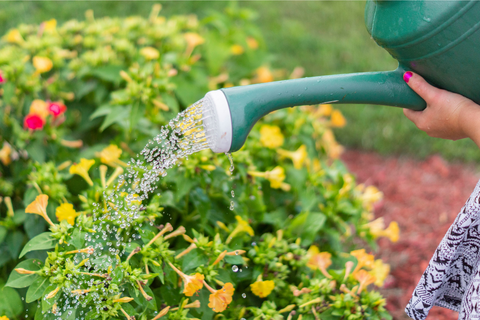
This makes it to the top ten tips in every gardening handbook, and with good reason.
Many fungal diseases can't germinate unless provided with the right moist conditions.
This happens when large surfaces like those of leaves are kept wet from overhead watering.
Overhead watering also leads to splashing off from the soil onto nearby leaves, transferring fungus onto plants.
Related Post: How to Identify Fungal Diseases in Your Plants and What You Can Do About it
5. Water Your Plants at Dawn

Watering your garden just when the sun is rising can ensure it dries out the leaves and stems as fast as possible, denying fungus spores a chance to take hold.
6. Do Not Work On Your Garden When it is Wet

Most diseases and fungal spores spread fastest in wet and humid conditions.
It is not uncommon to see fungus spread from one garden to the next on the bottom of muddy boots, wet clothing, or even tools.
To protect your garden and the season's bumper harvest, avoid working on your garden while it's wet.
Recommended for You:

7. Clear Out Any Remnants of Infected Plants From the Garden
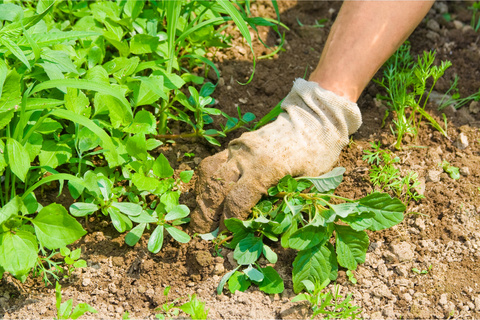
If your compost pile has plants that have spores on them, they should be disposed of, preferably through burning.
Keeping them around only increases the risk of infecting your new crop and repeating the deadly cycle that can leave your garden with little to no healthy yield.
Related Post: A Guide to Natural Herbicides, Pesticides and Fungicides in Your Garden
Grow With Greenway!

When you choose only the best products for your garden, the results show in the crop yield and lustrous disease-free growth.
We're committed to providing gardeners and farmers with top-quality, well-researched products with a proven track record of excellent performance.
Recommended for You:

With our garden products, you can share your garden-to-dinner-table goodness with family and friends in every season. Shop here.
Comments
0 Comments
Leave a Comment